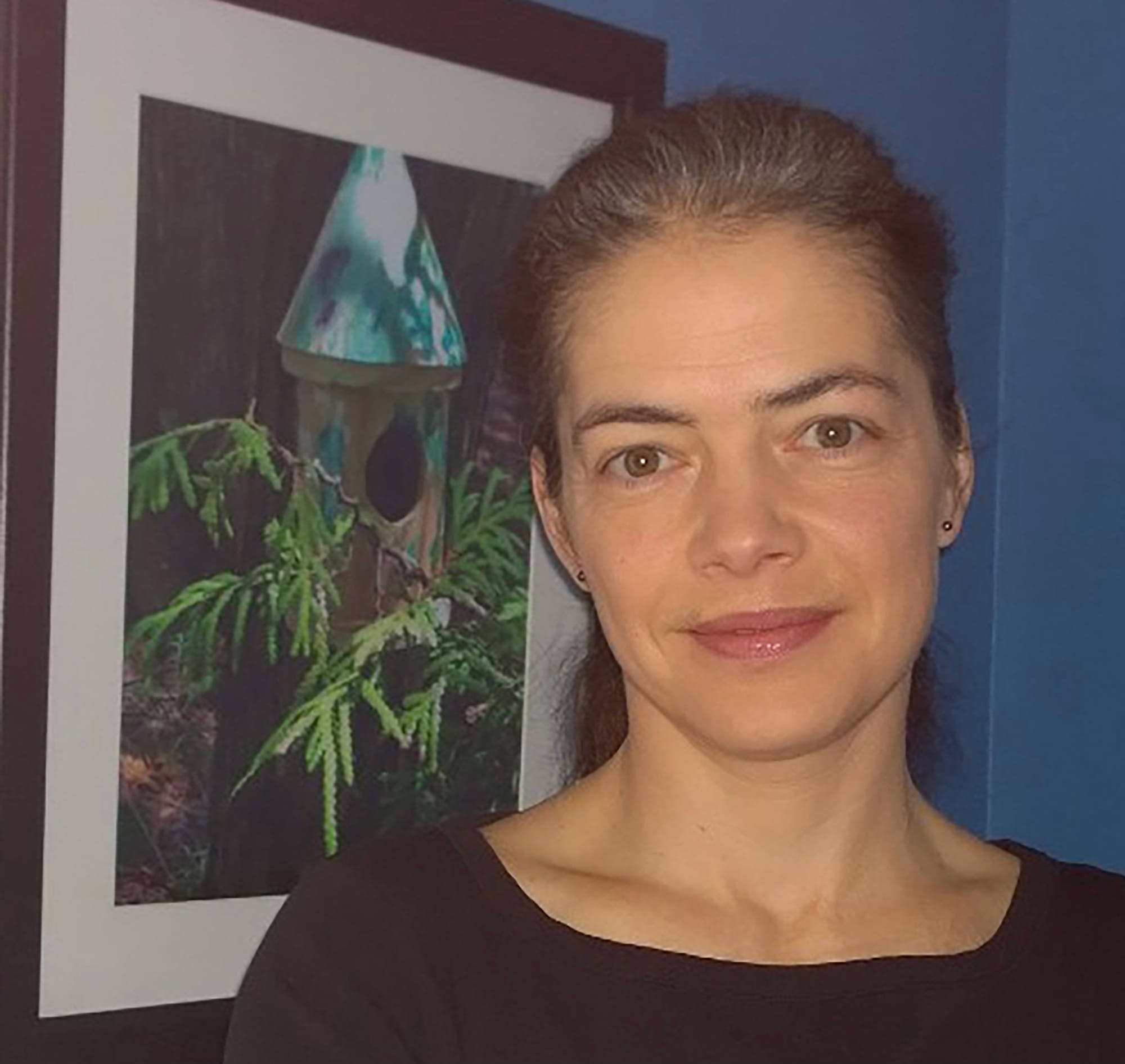On Monday, at the invitation of the lovely folks at the German Embassy, I attended a panel discussion on feminist foreign policy at the Global Centre for Pluralism on Sussex. I had lots to learn and I am happy to report that I duly did.
I mean, I know what feminism is, and I know what foreign policy is. But what happens when you put them together?
Lots, evidently.
Sweden was the first country to implement a feminist foreign policy, in 2014. Canada was the second, in 2017. Since then another seven have joined, with more coming.
Canada adopted a Feminist International Assistance Policy that “recognizes that supporting gender equality and the empowerment of women and girls is the best way to build a more peaceful, more inclusive and more prosperous world.”
Sounds good, and it is, but we do have our blind spots. As Carleton professor Laura MacDonald pointed out, while we insist on “gender chapters” in trade agreements, we don’t have one in CUSMA, the Canada-United States-Mexico Agreement.
Whoops.
Feminist foreign policy is more than “just” focusing on women and girls, however. As Alexandre Lévêque, Assistant Deputy Minister, Strategic Policy, Global Affairs Canada, explained at the event, Canada’s approach is shifting towards intersectional lens, with a view towards modifying the structures of power. To put human rights closer to the centre of foreign policy than military power or what we might call patriarchal modes of thinking (patriarchal is my word, not his).
You know, projecting strength. Being armed to the teeth and quick to draw a weapon. One could argue, after rather a lot of centuries of experience, that this approach is not conducive to peaceful conflict resolution, quite the opposite. Maybe a model that puts cooperation and empathy at the forefront couldn’t be worse and would likely be much better.
Sanam Naraghi Anderlini, of the International Civil Action Network and Director of the Centre for Women, Peace and Security at the London School of Economics, spoke of feminist foreign policy as a different vocabulary. Speaking differently, working differently, achieving different results.
Given the record of “traditional” modes of thinking and “realist” power-projecting foreign policy, the wars it caused or failed to prevent, the toll it continues to inflict on vulnerable populations across the world, frankly I wonder why we’re not jumping at the chance to try something different.
The fourth panelist, Kristina Lunz, just wrote a book whose title is The Future of Foreign Policy is Feminist (a statement, not a question). She doesn’t just mean in conflict prevention but in dealing with other global priorities as well, not the least of which is climate change.
It’s rare that you get invited to an event and leave feeling like you’ve learned something and have so much more to understand. That panel on Monday did that to me, in spades. I intend to keep digging and learning — and I hope you’ll come along for the ride.
And if you’re ahead of me on this issue (wouldn’t be saying much), I’d be grateful for reading recommendations. Thanks muchly.




